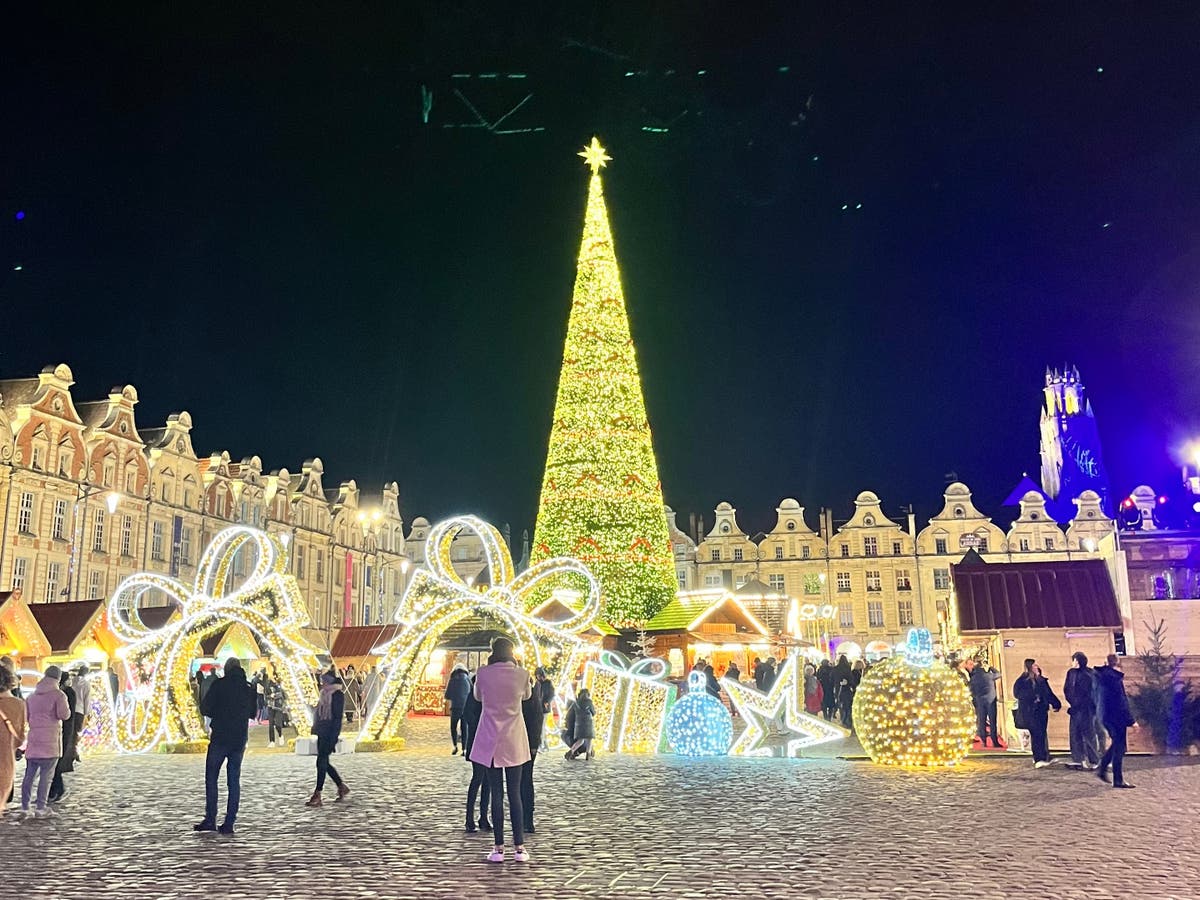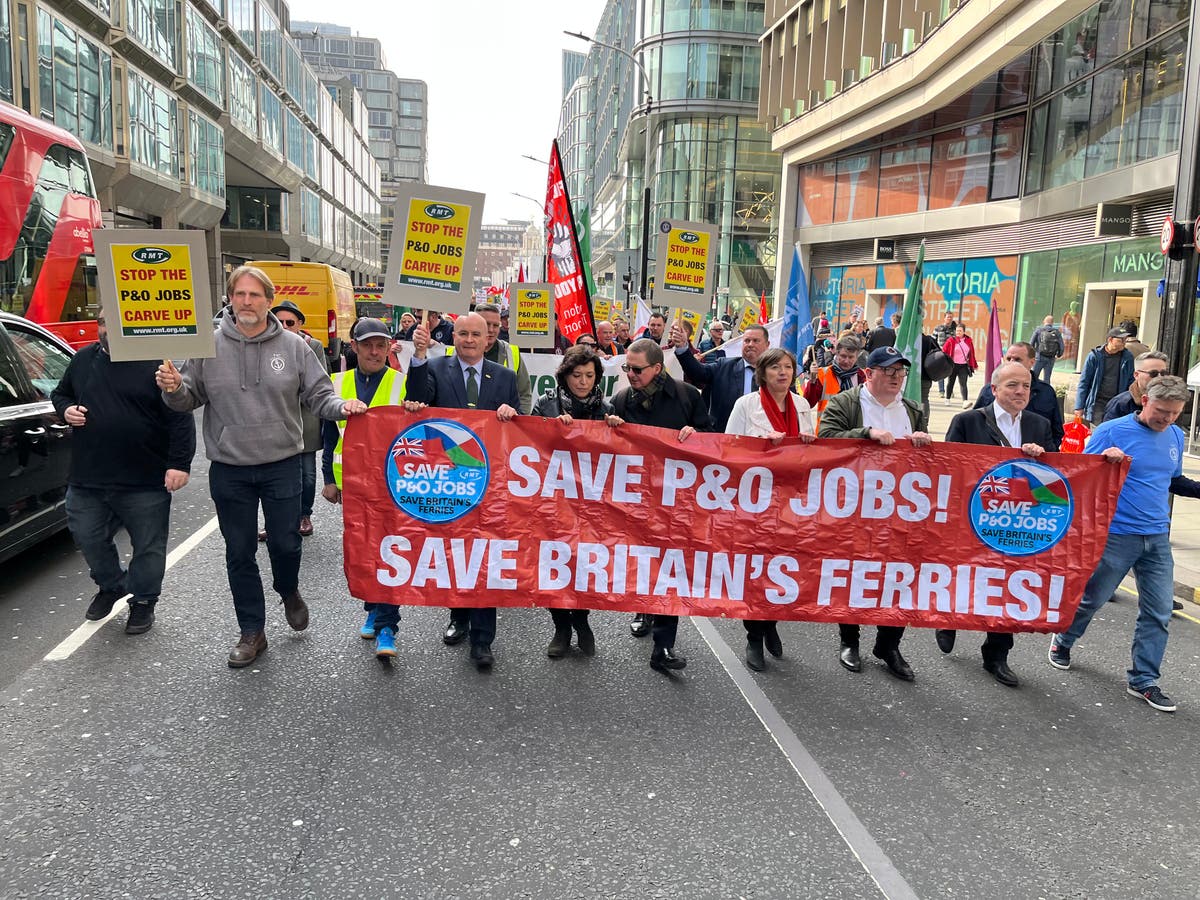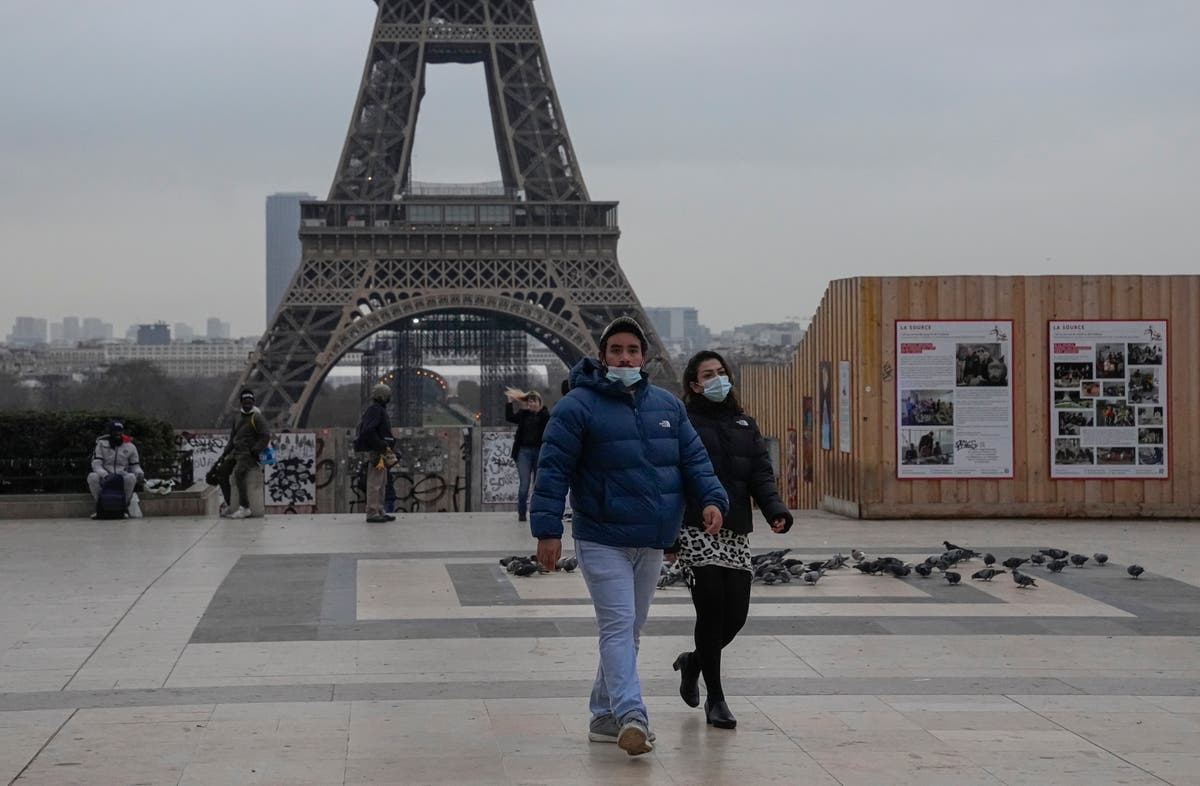Why Arras is the French Christmas market alternative you need to know about this winter
Mulled wine, brioche gingerbread and a side serving of history? Yes please. Chrissie McClatchie tucks into France’s under-the-radar market that should be at the top of your Christmas list this year


Sign up to Simon Calder’s free travel email for expert advice and money-saving discounts
Get Simon Calder’s Travel email
Even though it’s still November when I visit, you would have to be Scrooge to deny that it’s beginning to look a lot like Christmas in Arras. The cold is biting but the sun is shining on the small northern French city. My fingers curl like a cat in front of a warm fire around my first cup of mulled wine of the season. A curious, yet quintessentially seasonal, mix of cinnamon, roasted chestnuts and fried churros lingers in the air.
To a soundtrack of boppy Christmas jingles, a swell of people wrapped in thick jackets and scarves is starting to build around me. I slip into the flow, stopping to take photos of only-in-France sights such as gingerbread men fashioned from brioche and escargots stuffed with cheese or spices, vacuum-packed for take-home convenience.
Winter and beyond: Your travel questions answered
It’s the start of what turns out to be the perfect Saturday afternoon to find my festive mood in one of northern France’s largest, yet least known, Christmas markets. Tucked up underneath the border with Belgium, just south of Lille, Arras might not have the cachet of its more well-known neighbour, but that plays in my favour: there are approaching double the number of wooden chalets (140 compared to Lille’s 89, many of them selling local handicrafts) for half the crowd, along with the requisite Christmas tree, ice-skating rink and ferris wheel. And all just a two-hour train ride from London.
Diners Secrets des Boves: a seasonal, weekend pop-up dining room set 12 metres below street level
(Chrissie McClatchie)
My in-built radar for bubbles instinctively leads me to the Champagne hut, located conveniently across from the fresh oyster stand. Given the French penchant for the pairing come December, it’s a strategic placement that needs little explanation. At €7 (£6) for a glass of Champagne and €10 (£8.60) for half a dozen oysters so saline they taste like they have just been plucked from the briny depths, there is considerable risk that I won’t move for the rest of the afternoon. But I’m only in Arras for the weekend and the curiosity to look around is stronger than the pull of another round.
Read more on France travel:
Daylight fades, and I cross from the market in Grand’ Place, the main square, to its offshoot in the adjacent Place des Héros, or ‘Petite Place’ as it is affectionately called by residents. Both are framed by neat rows of Flemish-Baroque three-storey townhouses and feel more Dutch or Belgian than French. Beneath street-level arcades, shops and restaurants are dressed in a festive uniform of tinsel, baubles and, curiously, giant, off-white teddy bears.
Arras has a bigger Christmas market than Lille, but fewer crowds
(Chrissie McClatchie)
The scene brims with Continental charm, but lingering just below the surface are the scars of the city’s past. “Arras is like a phoenix rising from the flames,” explains Luka Antonic, the charismatic, bare-headed, handlebar-moustached and bushy-bearded owner of Chez Marcel (one of a slew of hip beer halls in Arras) as he lines up a selection of craft brews shaded from amber to dark brown for me to taste.
He’s referring to the First World War, when the city found itself bang on the front line. So heavy was the bombardment that only 20 per cent of buildings remained intact afterwards. Most have since been meticulously rebuilt to original spec, whether Gothic, Renaissance or Baroque in style, but with the added protection of reinforced concrete.
Arras is like a phoenix rising from the flames
My first taste of this history had come the previous evening during Les Diners Secrets des Boves, a seasonal, weekend pop-up dining room set 12 metres below street level inside Arras’ atmospheric medieval limestone quarries. As people stood eating cheesy tartiflette from paper plates above us on Petite Place, we sat down to a delicate four-course meal complete with emulsions and edible flowers by one of the city’s star chefs, Gabriel Asseman of l’Oeuf ou la Poule. But not before a short tour of the subterranean warren that, during the war, was connected to the city’s other underground tunnels by Allied – predominantly New Zealand – soldiers in preparation for a surprise attack on the Germans, known as the Battle of Arras.
The Carrière Wellington (Wellington quarry) is the only other cave site currently open to the public and, as I learn the following morning, it’s a spine-tingling experience for history and non-history buffs alike. A smartly done audio guide, as well as silhouetted projections, tell the story of the 24,000 British and Commonwealth Soldiers who bunkered down here ahead of the battle in 1917. There’s not a boxed text in sight – and the impact feels all the greater for it.
Silhouettes of soldiers at Carrières Wellington
(Chrissie McClatchie)
Like everywhere else I’ve visited over the weekend, the Carrière Wellington is within easy walking distance of the train station – although I do pick up an e-bike from the tourist office for the flat, 10-minute cycle out to the vast, 17th-century Unesco-heritage listed Citadel d’Arras, designed by the all-pervasive French engineer Vauban, before my midday train departs on Sunday.
And that’s the beauty of small cities like Arras – they are both alive and compact at the same time. Or, as Antonic describes his hometown, “a village in a city”. One that’s an ideal French festive weekend break this December.
Travel essentials
Getting there
Travelling by train
Arras is two hours from London by rail, taking the Eurostar to Lille from St Pancras International and changing for the regional French TER service to Arras.
Travelling by air
Air France, easyJet and British Airways fly from the UK to Paris. From Paris Charles de Gaulle Airport, you can reach Arras in 50 minutes on France’s high-speed TGV network.
Staying there
Colourful and clean, the Mercure Arras Centre Gare Hotel is conveniently located just across from the train station and a 10-minute walk from Grand’Place.
Rooms available from{{#price}}{{price}}per night{{/price}}{{^price}}Check availability for dates and prices{{/price}}
{{#amenities}}
Hotel Amenities
Food & Drink
{{#amenities.foodDrink}}{{.}}{{/amenities.foodDrink}}{{/amenities.foodDrink.length}}{{#amenities.internet.length}}Internet
Please check hotel for more information on amenities
Services
{{#amenities.services}}{{.}}{{/amenities.services}}{{/amenities.services.length}}{{#amenities.parking.length}}Parking
Please check hotel for more information on amenities
Health & Wellbeing
{{#amenities.health}}{{.}}{{/amenities.health}}{{/amenities.health.length}}{{/amenities}}
Read our best Paris hotel reviews

 Fransebas
Fransebas 































